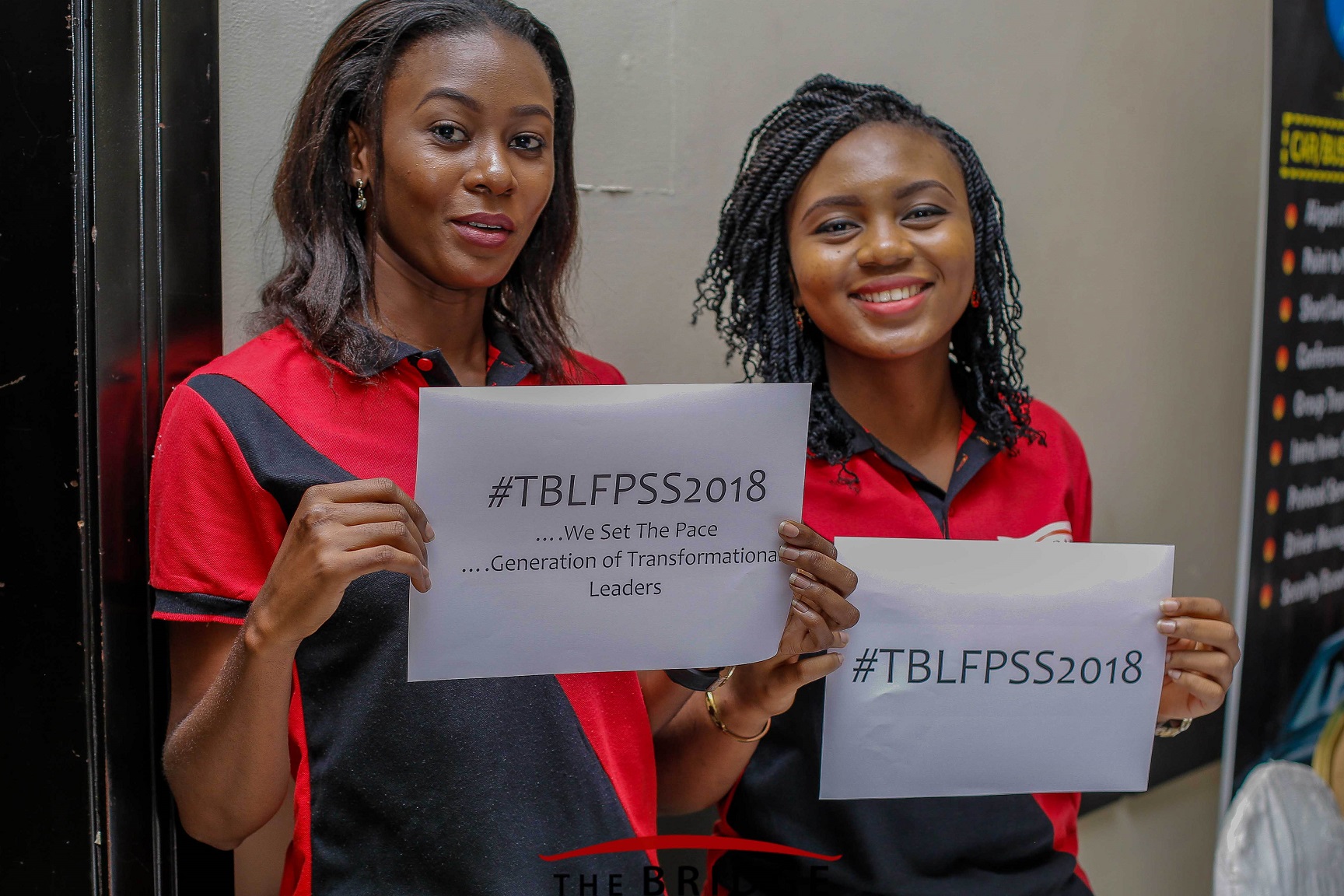
Effective teamwork is both profoundly simple and difficult at the same time. This is why so many teams struggle to get the relationships, the interaction, and the task execution right. Their success depends on these factors.
A team, whatever its mandate is, comprises of humans with a mix different beliefs and experiences. So, diverse people with different life experiences, different work experiences, and varying degrees of success working with former teams and the accomplishment of prior team missions unite around a new mission.
For a team to be effective and accomplish amazing work, team members must have high degree of understanding, tolerance and patience. Cooperation is important in getting things done. The following are ways to build an effective team:
- Clear goals and objectives
The first step in creating a cohesive team is to have clear team objectives and goals. Make sure the team understands these goals and committed to attaining them. This clear direction and agreement on mission and purpose is essential for effective teamwork.
- Effective communication
It is important for communication amongst team members to be open, respectful and honest. People feel free to express their thoughts, opinions, and potential solutions to problems. People feel as if they are heard out and listened to by team members who are attempting to understand. Team members are expected to ask questions for clarity and listening deeply rather than forming rebuttals while their coworker is speaking.
- Hospitality
Members of an efficient team have a strong sense of belonging to the group. They experience a deep commitment to the group’s decisions and actions. This sense of belonging is enhanced and reinforced when the team spends the time to develop team norms or relationship guidelines together.
- Timely team assessment
Constant and timely assessment of a team to evaluate the individual role and contribution of each team member to the team’s progress and shortcomings is important to improve the team’s processes, practices and interaction among team members, for effective teamwork.
- Collective decision making
When some decisions are made collectively, members of the team feel a sense of belonging and get the support to go on executing whatever decision was made. They also gain the support and commitment of the people they report to in order to accomplish and communicate the team’s progress and success.
Key issues to consider in selecting team members
- The individual’s motivation with respect to both the team and the task at hand;
- Skills, Knowledge, and Attitudes and goals of potential team members;
- Potential problems with intragroup relationships;
- Potential problems with relationships with external groups.
- What are the tasks that need to be accomplished for the team to be successful?
- Analyze the jobs and develop an inventory of required skills and knowledge?
It is important to note that effective teams are generally made up of a variety of personalities. The selection process needs to be structured so that it is not biased toward one personality type. An effective team needs both the thoughtful, detail-oriented individuals, as well as the outgoing, insightful individuals.
Belbin’s 9 Team Roles Model
Dr Meredith Belbin studied team-work for many years, and he famously observed that people in teams tend to assume different “team roles”. He defines a “team role” as “a tendency to behave, contribute and interrelate with others in a particular way” and named nine such team roles that underlie team success.
Action Oriented Roles:
- Shapers (SH)
- Implementers (IMP)
- Completer Finisher (CF)
People Oriented Roles
- Coordinator (CO)
- Teamworker (TW)
- Resource Investigator (RI)
Thought Oriented Roles
- Plant (PL)
- Monitor Evaluator (ME)
- Specialist (SP)
The Team Leader
In building a team for effective teamwork, an efficient and effective team leader is crucial for the success of the team’s work. The team leader:
- Keeps purpose, goals and approach meaningful
- Builds commitment and confidence
- Strengthens the mix and level of skills
- Manages external relationships – remove
obstacles - Creates opportunities for others
- Does real work


